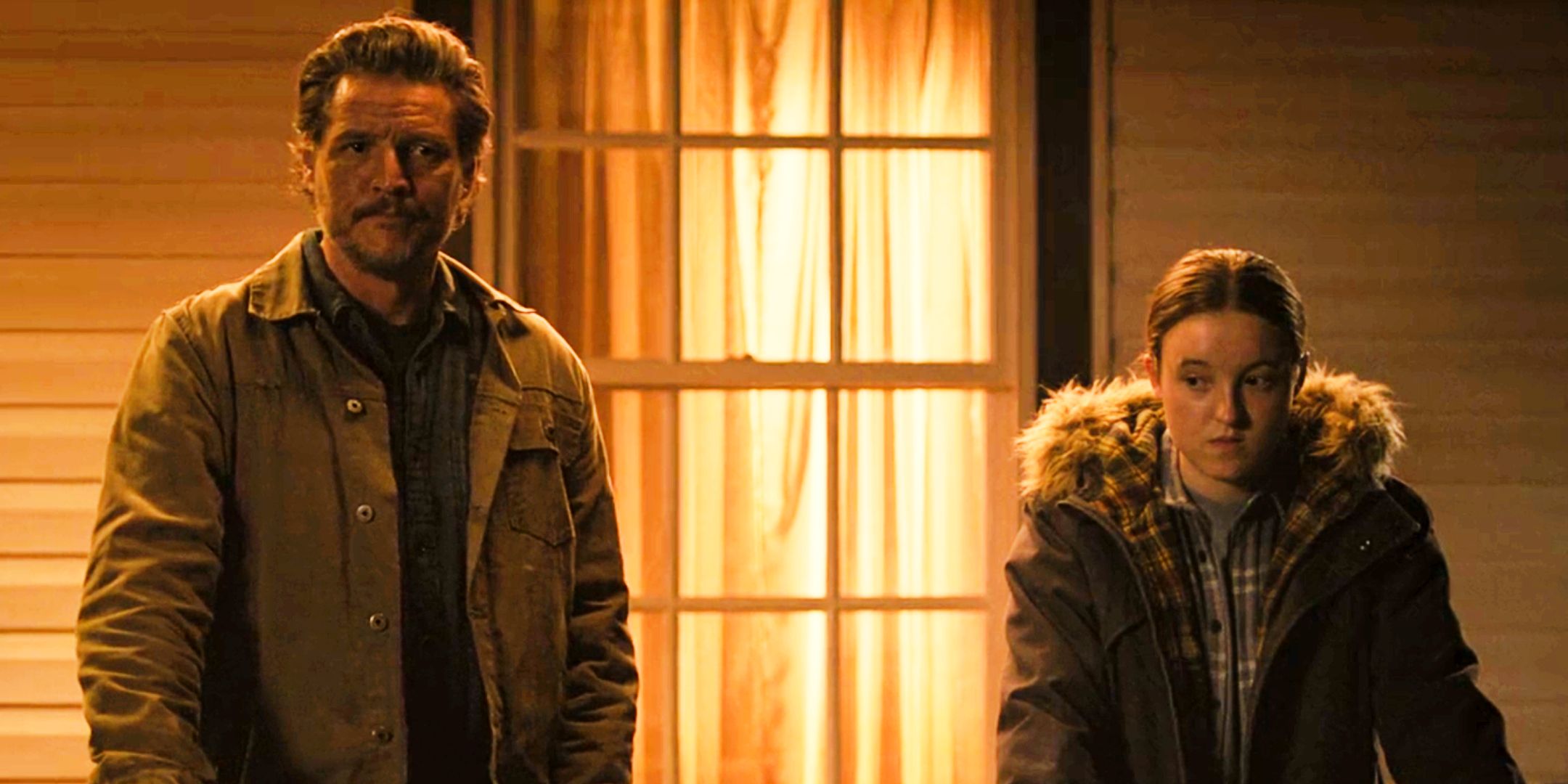
Warning! Spoilers ahead for The Last of Us season 2, episode 6.
In my view, Pedro Pascal and Bella Ramsey portrayed the emotions of “The Last of Us” porch scene beautifully, yet the TV series altered the original game’s script significantly, which diluted the impact of that moment. In episode 6, season 2 titled “The Price,” there’s a pause from Ellie’s vengeance pursuit in Seattle to delve into how her relationship with Joel deteriorated over time. Initially, they were content upon reaching Jackson, but as time passed, Joel’s deception eroded Ellie’s trust, and her teenage rebellion increasingly irritated him.
The TV adaptation of “The Last of Us Part II” features several notable alterations to the original game. It delves into the early stages of Ellie’s relationship with Kat, depicts Joel and Ellie’s first patrol, and omits the amusing “hatosaur” sequence. The most significant change involves moving up the iconic porch scene, which in the game occurs at the very end and provides a new perspective to the story that preceded it. However, in the TV series, this scene is placed towards the end of a flashback episode. Unfortunately, a key writing decision in the adaptation lessens the impact of this scene.
The Last Of Us Season 2, Episode 6 Puts Joel’s Confession & Ellie’s Forgiveness In The Same Scene
Right After Joel Tells Ellie The Truth, She’s Ready To Start Forgiving Him
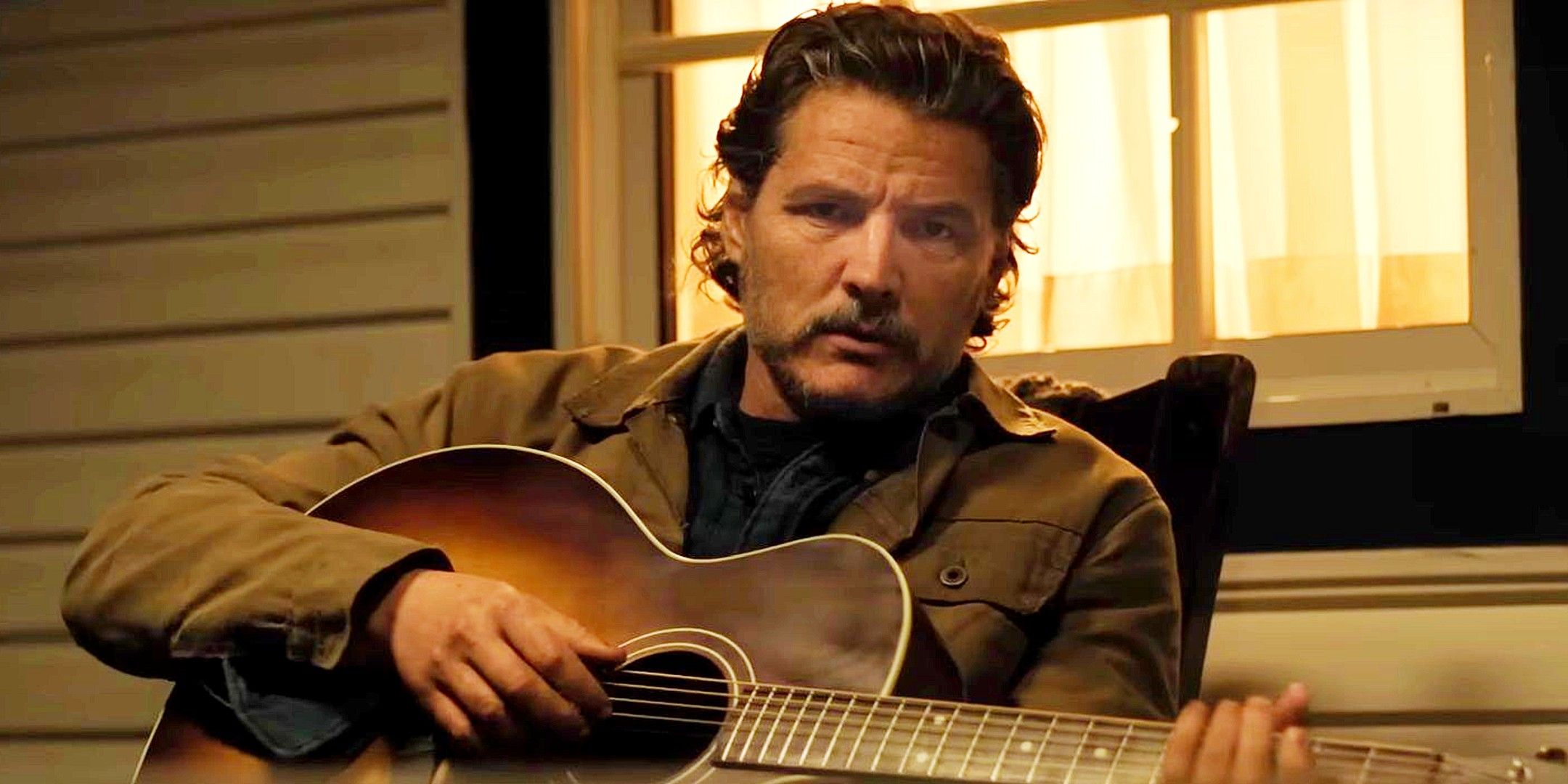
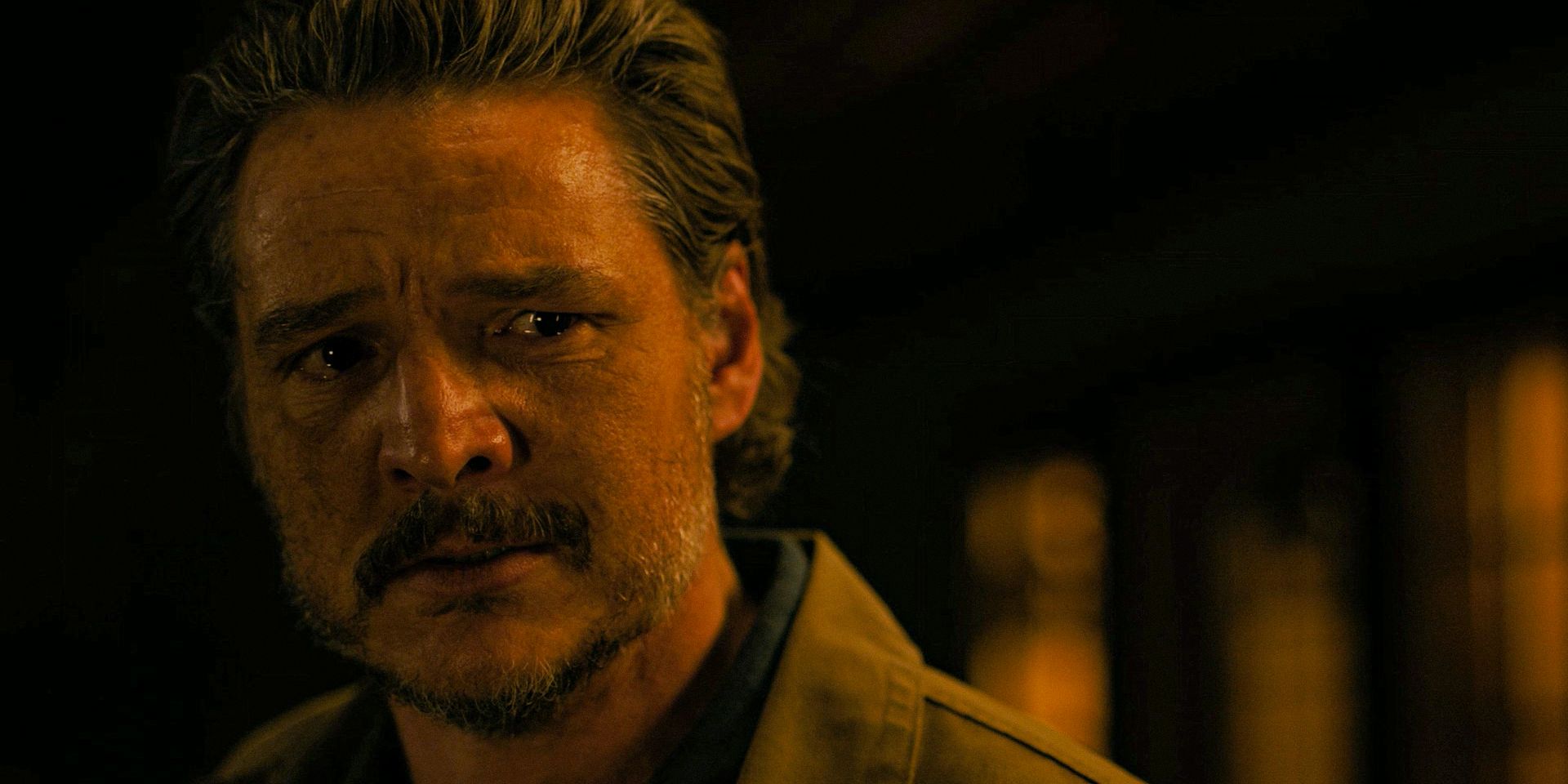
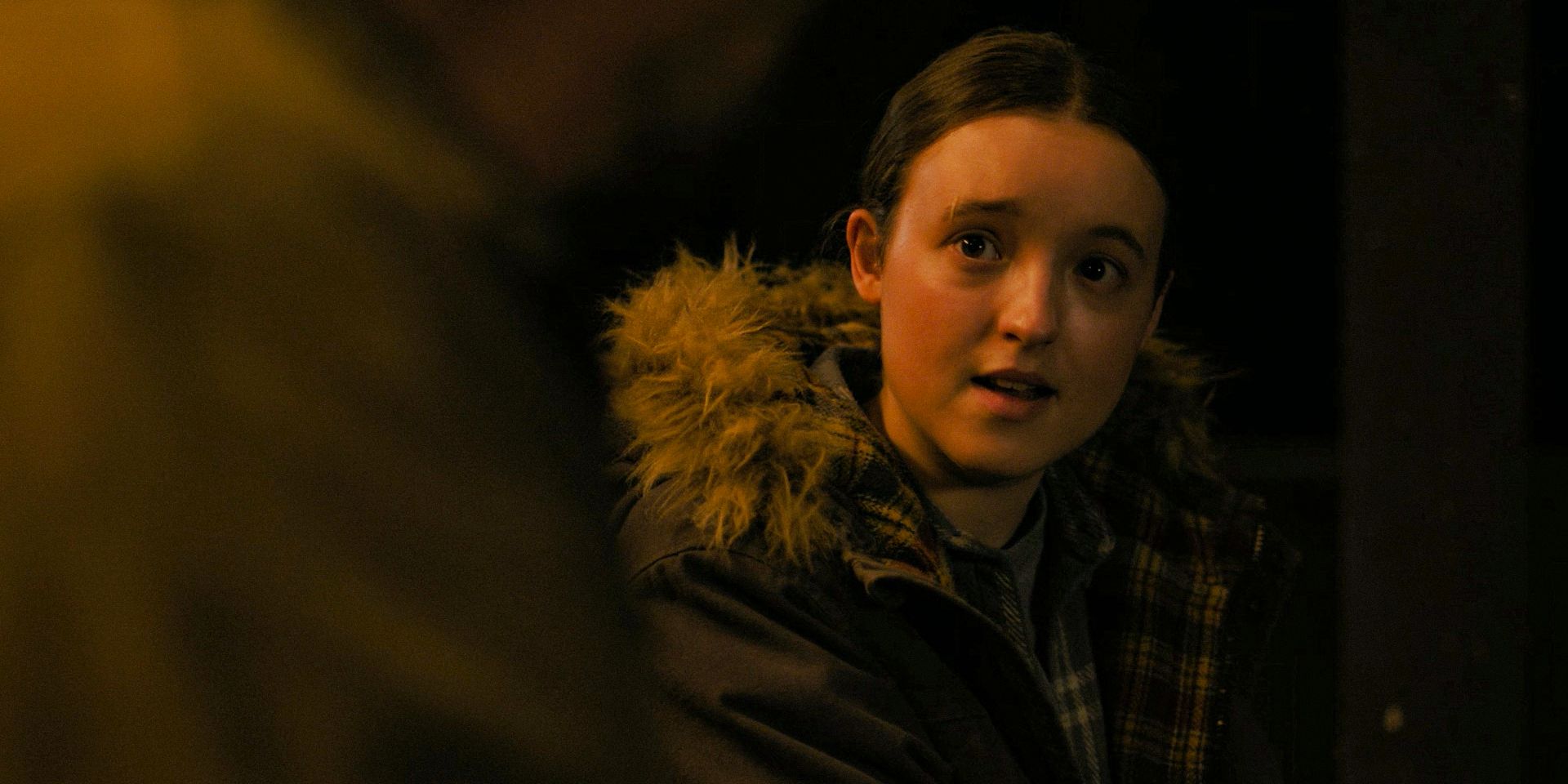
In the game, Ellie’s flashbacks are individually scattered throughout her Seattle gameplay. However, in the TV show, they are compiled together and presented sequentially, organized around Ellie’s annual birthday celebrations. But in one of The Last of Us season 2, episode 6, a single scene from the flashback combines elements from two scenes in the game. This particular scene shows that, two years before Joel’s death, as he persisted in not revealing the truth to Ellie, she decided to run away and journeyed all the way back to Salt Lake City to find answers on her own.
In a now-deserted Firefly base, Ellie stumbles upon crates full of documents, a chilling bloodstain, and an audio recorder. On the recorder, a fellow Firefly medic (likely Mel, Abby’s friend) discusses how Jerry Anderson’s demise makes it virtually impossible to create a cure for the infection, even if they miraculously find another immune individual. This statement echoes in Ellie’s mind repeatedly because it clashes with Joel’s assertion that there were numerous other immune people. When Joel finally tracks down Ellie at St. Mary’s Hospital, she insists he disclose the truth to her.
Following Joel’s confession, Ellie is deeply saddened. She agrees to return to Jackson with him, but their bond appears to be irreparably broken. The game’s concluding flashback discloses that on the evening of the significant dance at Jackson – the eve before Joel’s demise – Ellie paid him a visit at his porch and expressed her wish to “give forgiveness a try.” In the TV series, these flashbacks are merged into a single scene. Joel confesses to Ellie, and almost immediately she is prepared to forgive him. In my view, this swift forgiveness lessens the impact of the dramatic scene.
Ellie’s Forgiveness Feels Rushed Because It Happens Seconds After She Learns The Truth
In The Game, She Has Years To Reflect On It
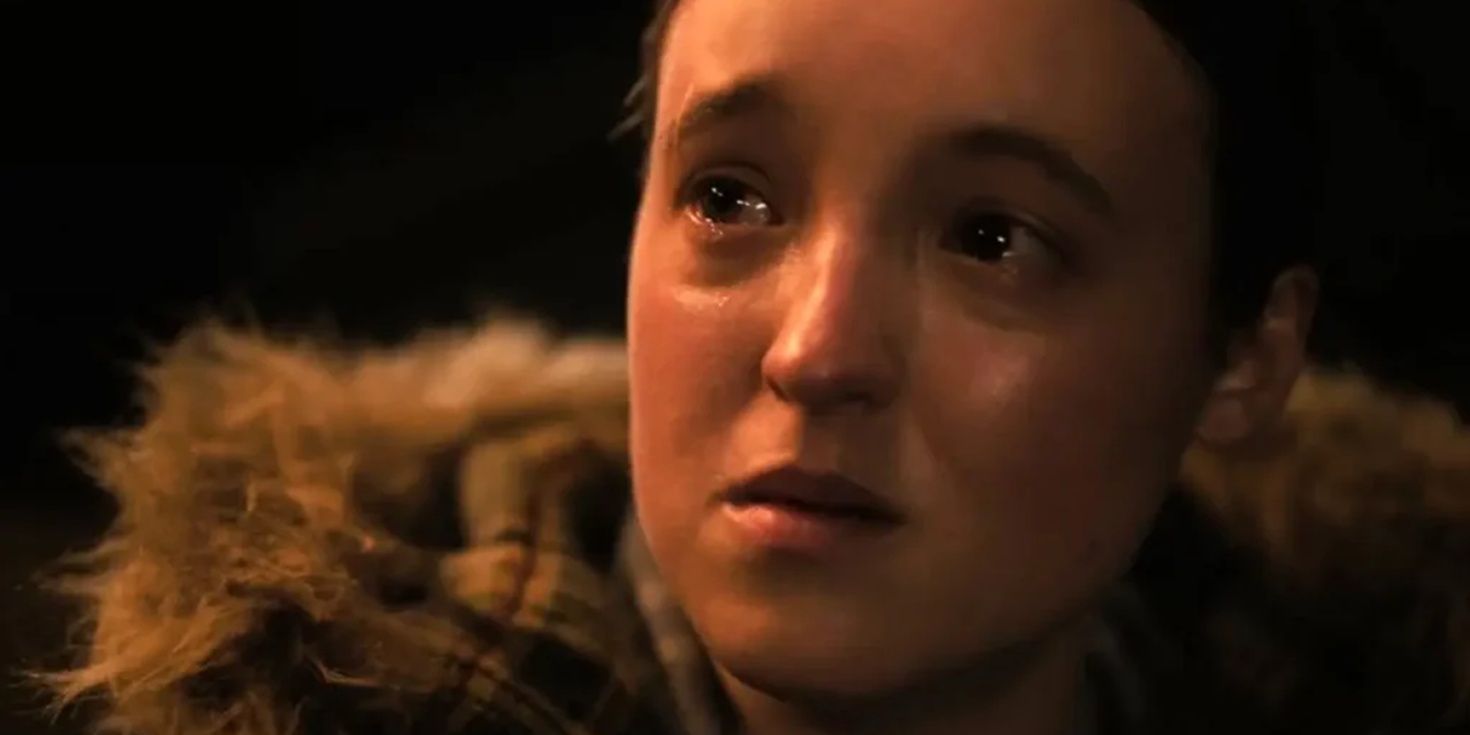
In the game, Ellie has had a sufficient time period of two years to ponder the dreadful reality before she’s prepared to even begin the process of forgiving Joel for his actions. Immediately following his confession, she avoids speaking to him. He attempts to give her a hug, but she rebuffs him and leaves angrily. However, when she addresses him on his porch, she has had ample time to digest it. She’s moved past the initial shock and comprehends why he acted as he did. His statement that he “would do it all over again” emphasizes it: she is of immense importance to him.
After two years of contemplation, she’s prepared to begin rebuilding, so she informs Joel that she wants to give forgiveness a try and reconcile their relationship. By combining Joel’s confession with Ellie’s overture in the same scene, the TV show makes it seem as though Ellie forgives him too hastily (or at least starts to). She had long suspected that Joel was dishonest, but discovering the truth stung far more deeply than her suspicions. In the game, she took years to come to terms with it. However, in the TV show, it happens much quicker – almost instantaneously.
Moving Joel’s Confession To His Porch Removes The Powerful Visual Of Doing It At The Scene Of The Crime
In The Game, Joel Confesses In Front Of The Hospital Where It Happened

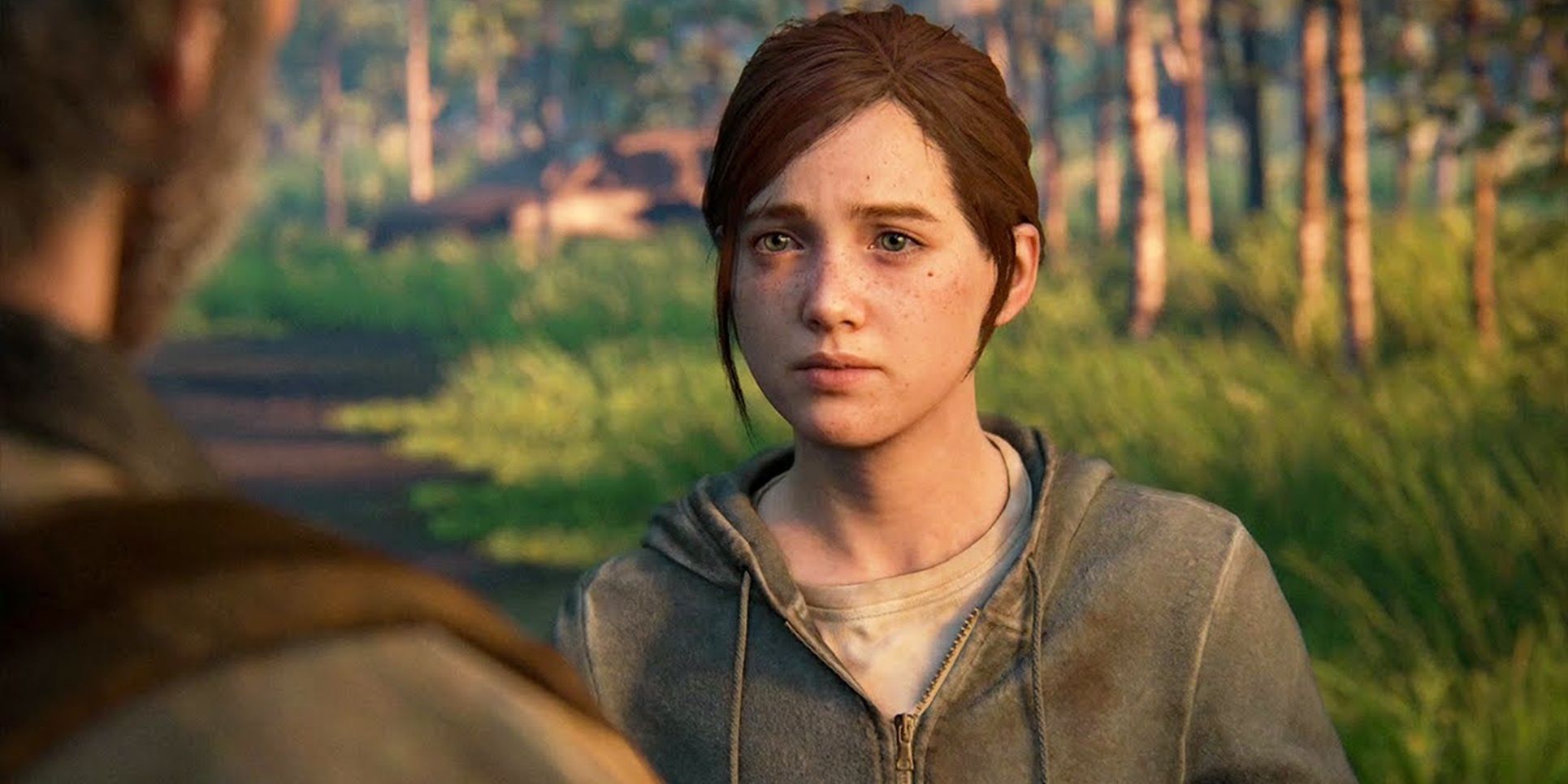
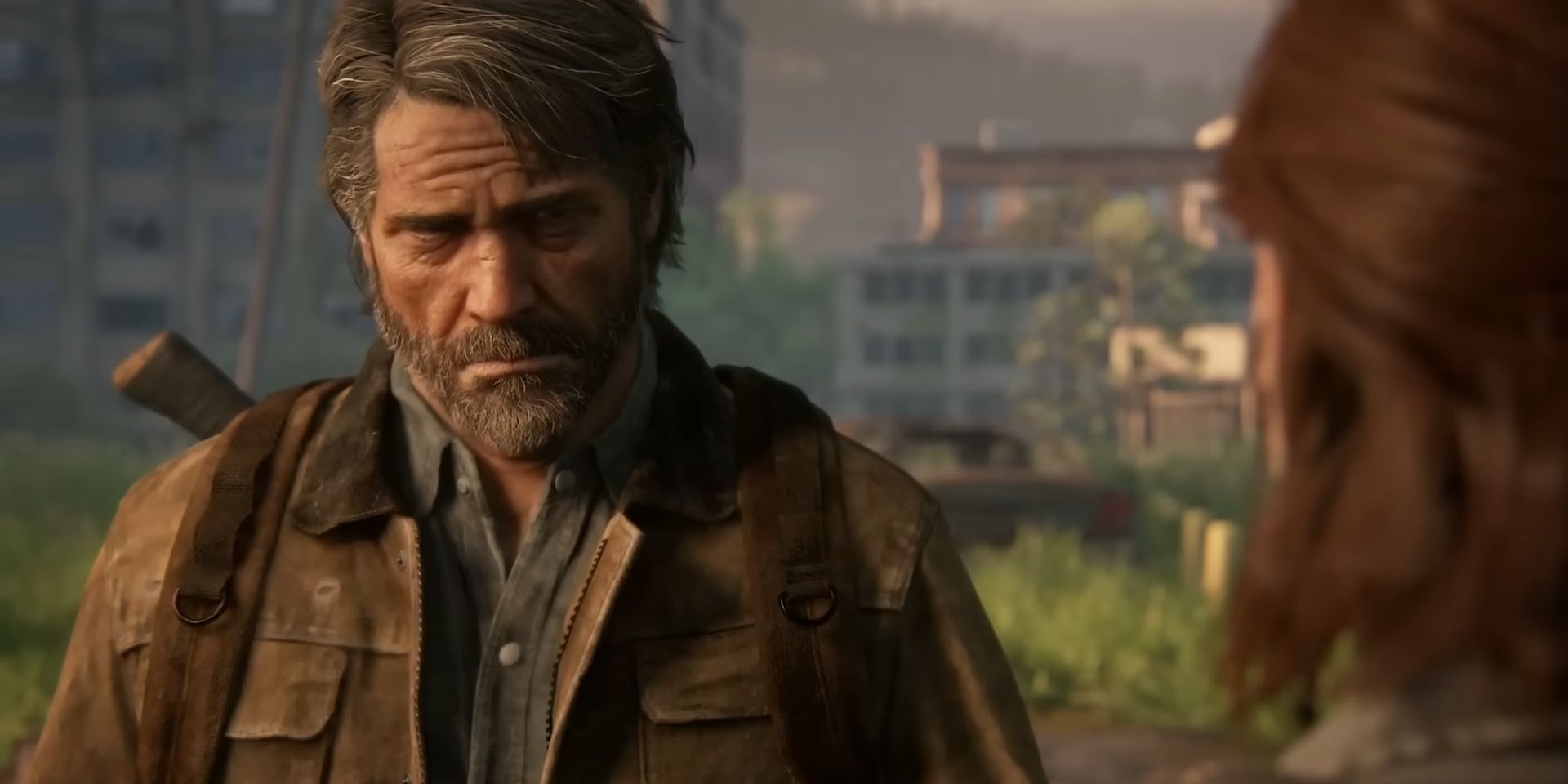

In the television series adaptation, they decided to change the location where Joel confessed his actions. Instead of doing it at the crime scene, he revealed his guilt on his porch. Moving this significant confession from the intense crime scene setting to a more comfortable and inviting porch environment felt out of place and somewhat less impactful, as it seemed incongruous for such a heavy revelation about dooming humanity. In a medium that heavily relies on visuals, the choice of setting can greatly influence the mood and atmosphere intended by the creators.
In the authentic Last of Us podcast, Neil Druckmann shared that they omitted a plot point where Ellie decided to travel alone from Wyoming to Utah to uncover the truth, as it seemed implausible. However, I argue that it’s important to allow the audience to suspend their disbelief for that moving visual link between the locations. It’s less probable that Jesse would arrive just in time to rescue Ellie and Dina than if Ellie had embarked on her own journey to Salt Lake City.
The Last Of Us’ Flashback Episode Was Almost Perfect, But It Struggled To Stick The Landing
Every Other Flashback Was Pitch-Perfect
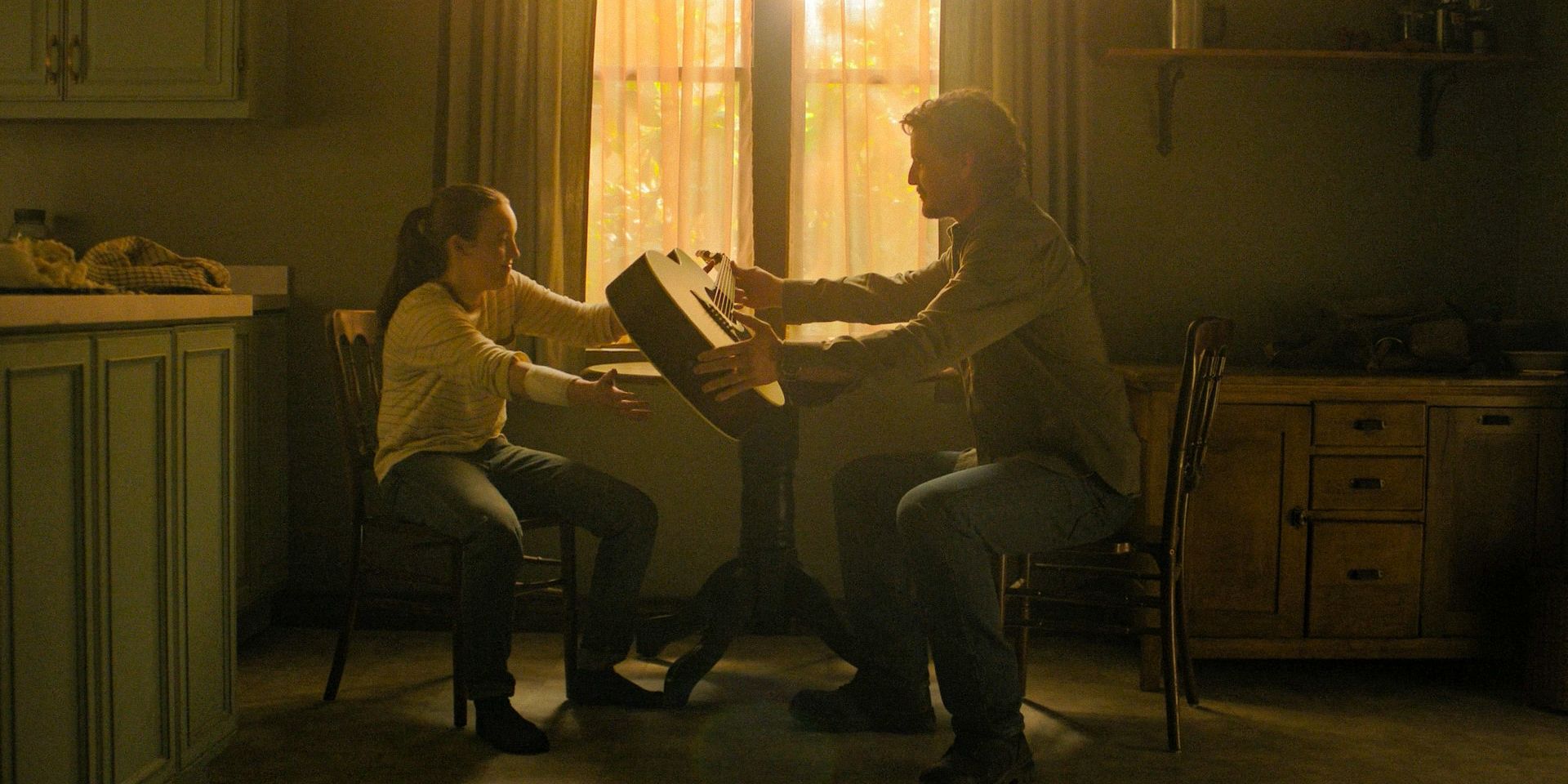
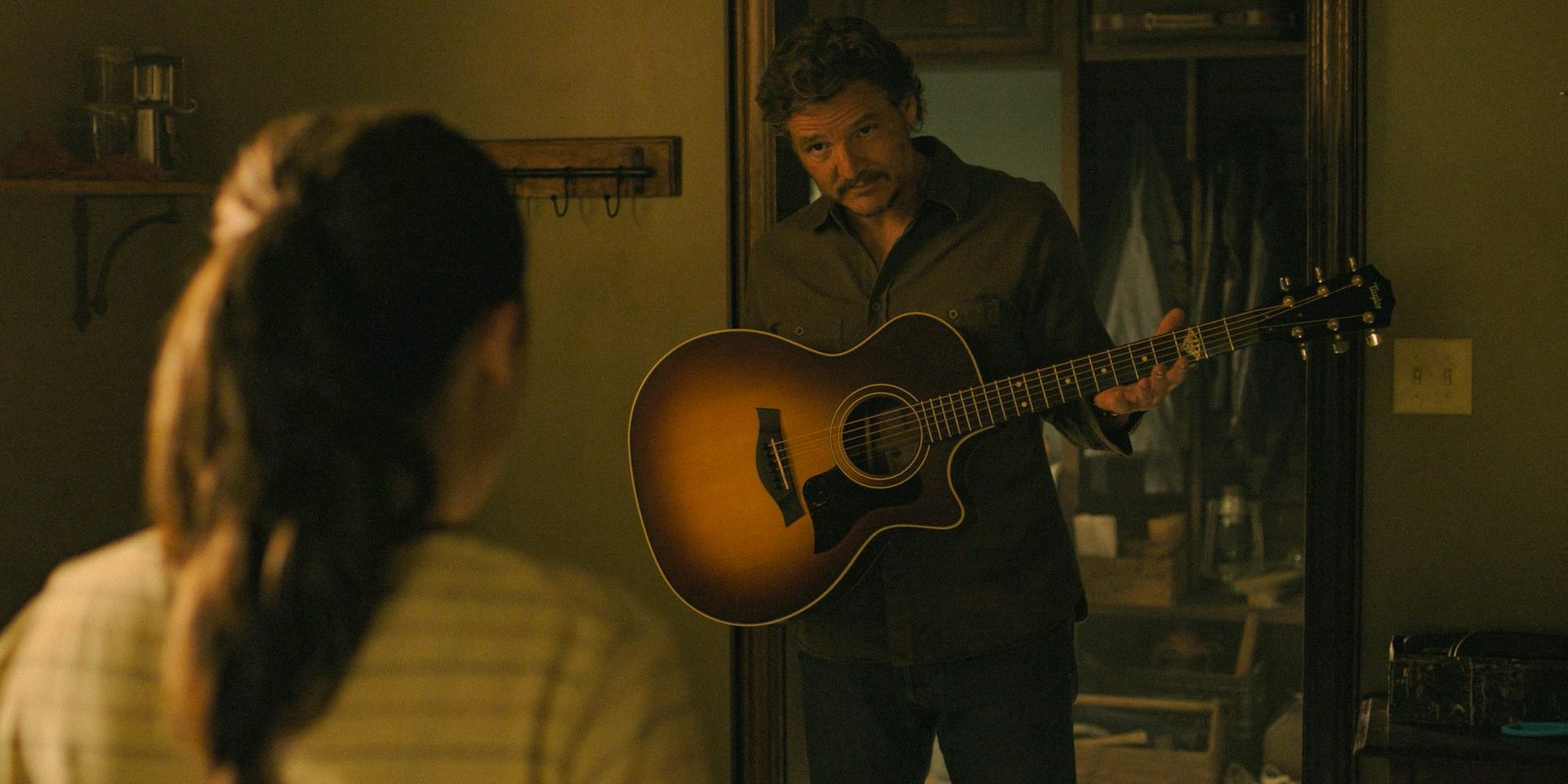
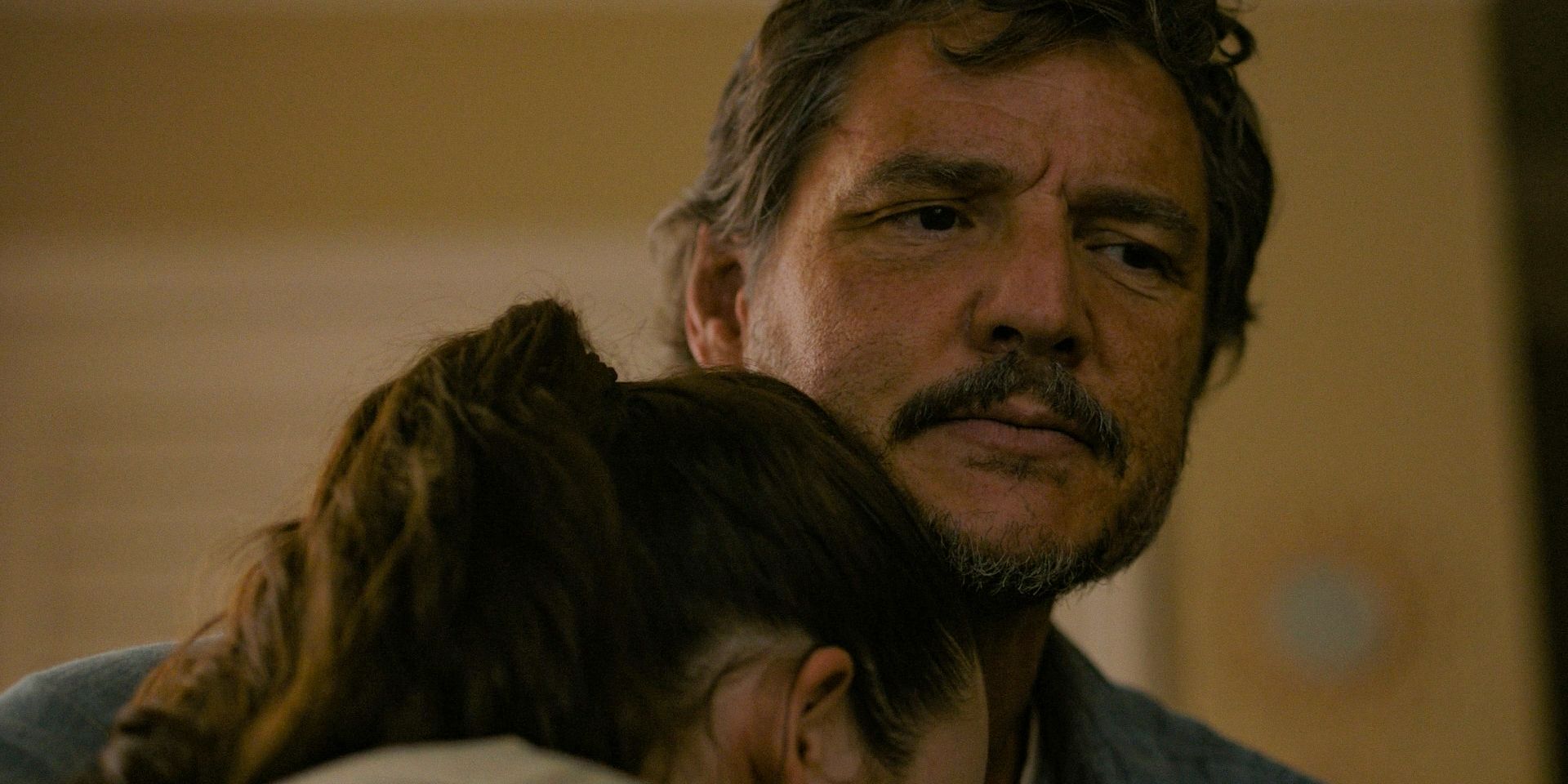


Overall, “The Price” stands out as one of the strongest episodes in The Last of Us season 2 so far. The museum scene featuring Ellie’s imagined space journey mirrors a cherished moment from the game beautifully. The Eugene sequence, starring Joe Pantoliano, presented a timeless dramatic quandary and cleverly brought forth Ellie’s growing distrust towards Joel.
In a skillful portrayal, Pascal and Ramsey delivered each scene exceptionally well, from touching instances such as Ellie scaling a T. rex to intense scenes like the heated dispute that arises when Joel discovers Ellie with a tattoo, a joint, and an intimate companion. Directed by Druckmann himself, this episode nearly achieves perfection. However, it falters slightly in its final scene on the porch. By combining Joel’s confession and Ellie’s forgiveness within the same scene, The Last of Us season 2, episode 6 somewhat weakened two of the game’s most impactful moments.
Read More
- Who Is Harley Wallace? The Heartbreaking Truth Behind Bring Her Back’s Dedication
- 50 Ankle Break & Score Sound ID Codes for Basketball Zero
- Lost Sword Tier List & Reroll Guide [RELEASE]
- 50 Goal Sound ID Codes for Blue Lock Rivals
- KPop Demon Hunters: Real Ages Revealed?!
- Umamusume: Pretty Derby Support Card Tier List [Release]
- Basketball Zero Boombox & Music ID Codes – Roblox
- 100 Most-Watched TV Series of 2024-25 Across Streaming, Broadcast and Cable: ‘Squid Game’ Leads This Season’s Rankers
- The best Easter eggs in Jurassic World Rebirth, including callbacks to Jurassic Park
- How to play Delta Force Black Hawk Down campaign solo. Single player Explained
2025-05-23 12:18